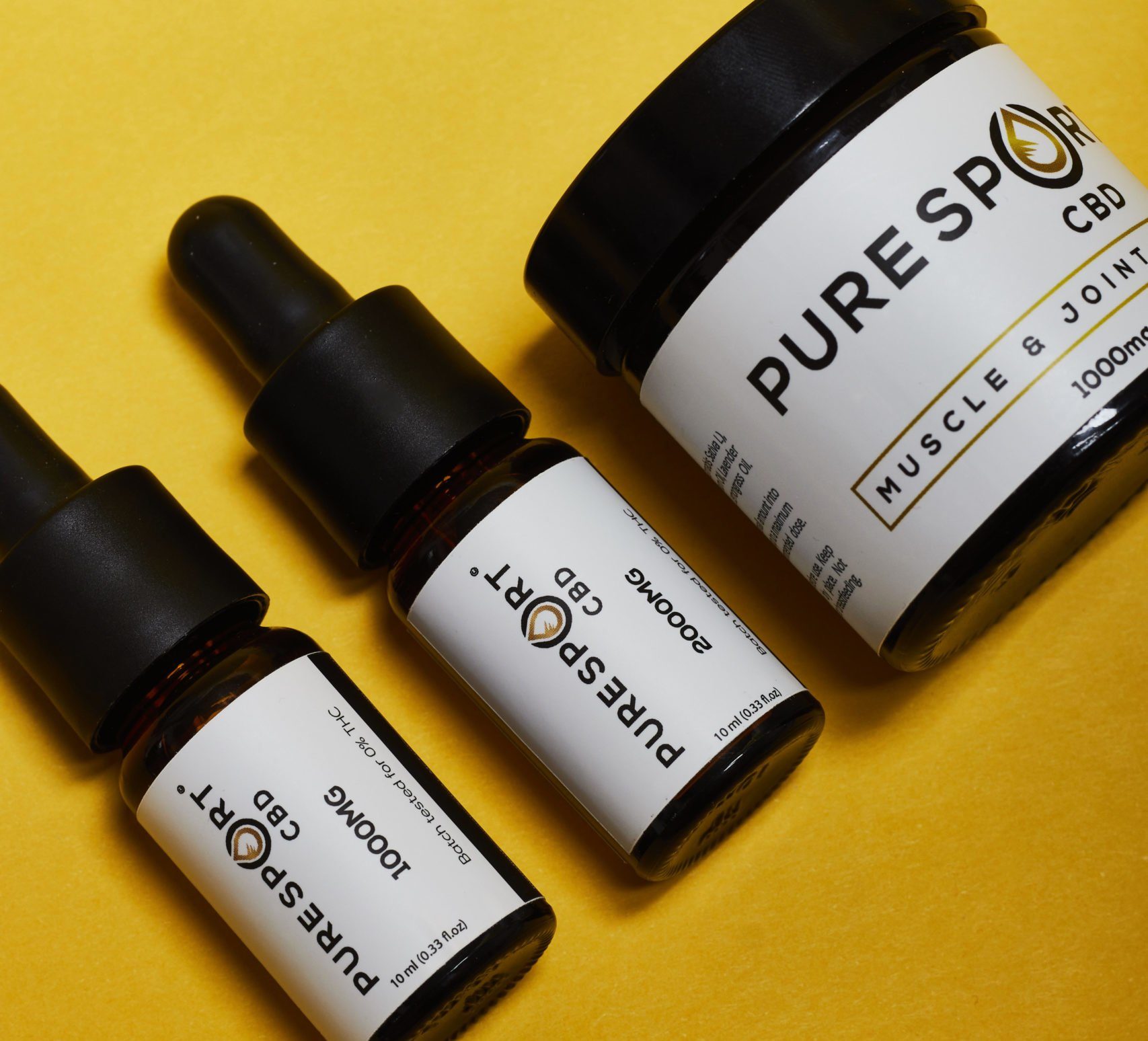Last Updated on September 14, 2022 by Jamie
1. Take your time eating.
Did you know that eating too fast can lead to a weight increase?
According to research studies, faster-eating people are more likely to be overweight than those who eat slower. One study found that this was 115 percent more likely for middle-aged women. After eating, the body releases ‘fullness hormones’ that inform your brain that you’ve had enough and that it’s time to stop.
But, since this process can take up to 20 minutes, fast people may eat excessive amounts of food only to be able to receive this signal afterward – that’s why you may experience the post-buffet bloat feeling you get after eating a delicious meal. If you’re next in line for dinner, take the time to eat slowly and notice the impact on your appetite.
2. Drink more water.
You’ve probably heard of the phrase “drink eight glasses of water a day”; however, most people don’t follow this advice and often take their total intake of liquids instead, which generally includes coffee, sodas, and other drinks. The human body isn’t comprised of beers or soft drinks, however. Based on your age, around 60% of your body is water.
There are many benefits to drinking more water. It assists us in controlling the number of calories we consume, helps to energize muscles, keeps our kidneys in good condition, and helps hydrate the skin. If you’re hydrated by drinking water, you’ll also be less tempted to drink sweet or unhealthy drinks.
3. Read nutrition labels.
If weight loss is among your wellness goals, then make it a routine to read the nutritional information on your food items when you go grocery shopping. Be sure to check the total number of calories in a product. It’s not just for one serving (usually what’s listed on the product’s label).
A glance at nutrition labels at bottled and jarred packaged products can aid in not looking at marketing claims like “high in fiber,” “low fat,” or “zero sugar” in the sense that they could be false. When a product is “high in calcium,” it could also be rich in sugar – something you might miss if you didn’t examine the nutritional label.
4. Consume more fruits and vegetables.
A survey on the health of more than 65,000 participants revealed that those who ate the most vegetables or fruits (7 or greater) every day were less likely to die. Chance of dying (for any reason) compared to people who ate less than one serving daily. But it is possible to opt for fresher fruits and vegetables because it was discovered that canned and frozen fruit might increase the risk of dying by 17%.
Are you looking for a way to include more vegetables and fruits into your diet? Get some fruit cut at lunchtime and bring it to work. If you’re hungry the next time, it will be the most convenient and practical snack to grab.
5. Exercise (at) 3 times per week.
As per Active Health (an initiative by the Singapore Sports Council), adults should be engaged in at minimum 150 minutes of moderate-to-vigorous daily physical activity. But the reality is that just 26 percent of Singaporeans are doing this.
It doesn’t need to become difficult. Try:
Find more activities you’re already engaging in.
Selecting an activity that you think you’ll love, then start working on it.
They could be minor changes. For instance, take off the running footwear instead of walking your dog with you and run alongside your pet. If you already run twice per week, you can add another day of exploration to take in various routes at a relaxed and enjoyable pace.
6. Stop smoking.
Although legislation has put disease-ridden images on cigarettes and slowed the advertising of tobacco in the past, smoking cigarettes is still a very common practice in Singapore. According to Health Hub, 6 Singaporeans die prematurely from smoking-related daily ailments.
It can be challenging to quit smoking, yet it’s also one of the most significant decisions you’ll ever make. Training and support groups, breathing techniques, relaxation techniques, and even nicotine substitute therapy are strategies to conquer the addiction.
7. Buy an exercise tracker (and make use of it).
Today fitness trackers are transforming the way that people live and exercise. These smart wristbands can measure your heart rate, the distance you run, and the number of calories you burn during your workouts.
Although the accuracy that fitness trackers (and smartwatches) might have been doubtful in the past, the accuracy, reliability, and credibility of these devices have been reported to have significantly improved in recent years.
8. Sleep for 6 – 8 hours daily.
Have you heard that 6 to 8 is the minimum number of hours of sleep adults need each night to ensure better health? According to research about the duration of sleep and mortality, those who sleep more than seven hours of rest every night are 12 percent more likely to pass away early.
Be careful not to oversleep because it was found that those who rest for longer than 8 to 9 hours per day face an increase of 30% of dying early.
The final word? It would help if you went to bed in a way that allows you to enjoy 6 to 8 hours of rest. Then rise at the time that your alarm goes off – not when you have pressed the snooze key multiple times!
9. Smile and have fun.
This is among the simplest yet effective changes you can make to improve your mental well-being.
What is the reason this happens? In the event of laughter, our lungs expand longer and absorb more air. This stimulates the lungs, heart, and muscles. Also, it increases the number of endorphins released by our brains which positively affects our mood and physiology, putting us into a more positive, happy mood. Therefore, smile often and add more joy to your life. Sometimes, laughter can be the most effective treatment.
10. Keep a daily journal of your achievements.
Affirming the advice of a Harvard Business School professor in her Tax talk about achieving success with small victories, educator Mehran Baser suggests keeping a journal every day of our progress allows us to look back on our lives and document all the little successes that otherwise would not be noticed.
This habit allows us to keep track of and appreciate small victories, even on the days when we feel like we didn’t accomplish much.
The “wins” can be anything, including making a healthy eating decision at lunchtime, responding positively to an unpleasant workplace situation, or doing something that makes you feel happy or inspired at first.
You can live better healthily by making tiny changes each day. Begin by identifying the top ideas from this article and incorporate them into your routine!







